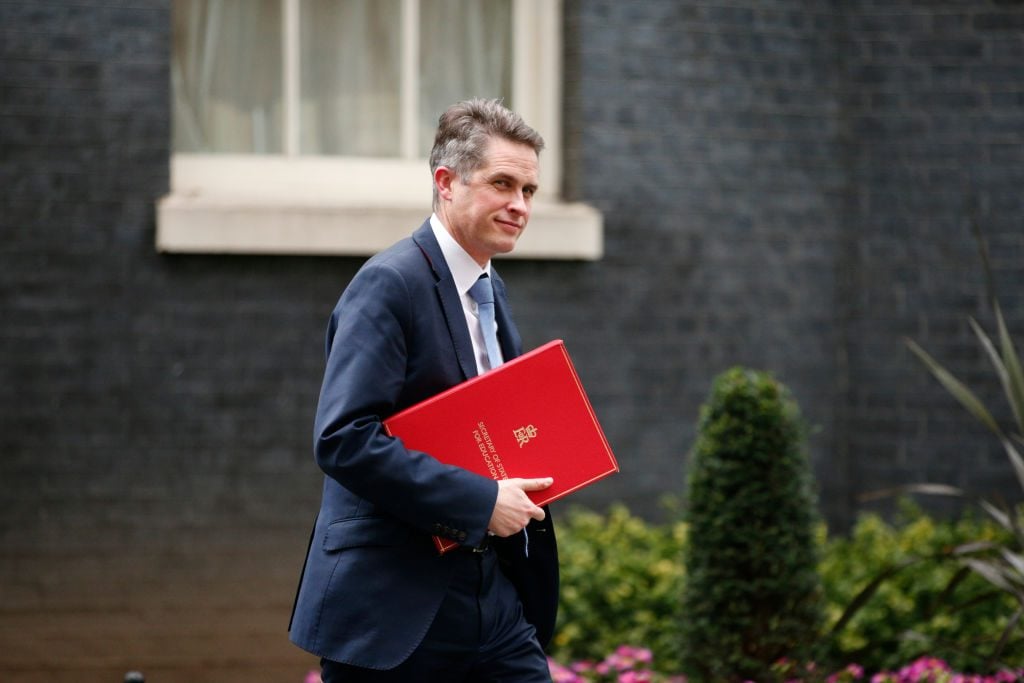Politics
The U.K. Government Will Slash Arts Funding in Higher Education by 50 Percent and Redirect Funds to Science and Medicine
Arts advocates are incensed.

Arts advocates are incensed.

Naomi Rea

Arts advocates are furious following the U.K. government’s decision to slash support for arts and culture subjects at universities across England. Beginning at the start of the next academic year, a U.K. government subsidy for arts subjects in higher education will be reduced by 50 percent.
The cuts were first proposed earlier this year by education secretary Gavin Williamson, who argued that some “high-cost” subjects—including art and design; media studies; music; and performing arts—should not be “strategic priorities” amid the coronavirus pandemic. He suggested reducing support for these subjects by half (from £36 million to £19 million) and redirecting the savings toward high-cost subjects in science, technology, engineering, and mathematics, as well as medicine and healthcare.
More than 166,000 people signed a petition by the Public Campaign for the Arts opposing the move, which advocates called an “attack” on the future of the arts in the country.
News of the cuts was confirmed by the country’s universities regulator, the Office for Students, on Tuesday, July 20. In a letter instructing the OfS to implement the cuts, Williamson said that the move is a response to the demands of the COVID era.
“These changes will help ensure that increased grant funding is directed towards high-cost provision that supports key industries and the delivery of vital public services, reflecting priorities that have emerged in the light of the coronavirus pandemic,” Williamson wrote.
Universities in London will suffer additional setbacks due to the elimination of London Weighting, a policy that increased support for students studying in the expensive capital city.
“The government is devaluing a critical industry,” Paula Orrell, director of the Contemporary Visual Arts Network, told Artnet News. “The decision is economical and short-sighted, based on Treasury pressure on student loans. The creative industries will lose talent as courses will be reduced nationally, making courses a lot more competitive, so that hidden talent—people who are marginalized—will be overlooked.”
Orrell also stressed the contributions artists and the wider creative sector make to society, particularly their positive impact on the nation’s cultural, mental, and social well-being. The move to cut support for the arts contradicts the government’s messaging surrounding the value of the arts, she added.
“Boris [Johnson] was the first prime minister in a long time to talk about our value when he became the P.M. What is his position now?” Orrell asked. “They need to find an economic solution to empower the future education choices of the next generation rather than continuing to eradicate arts throughout the education system, which has systematically happened from primary now to higher education.”